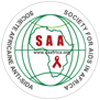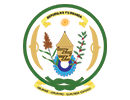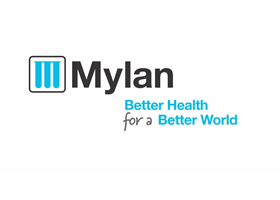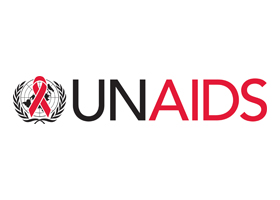Room: Auditorium
Reporters: Annet Kampororo and Ange Umutoni
UNFPA West and Central Africa regional office hosted the session. The session was a testimony sharing period for different people living with disabilities. They also made recommendations after every testimony, on how to improve service delivery to the community.
Testifiers identified the need to put in place, inclusive programs to maximize participation of people living with disability. Disability does not limit the ability to actively participate in decision making. Efforts needs to be made to reduce the risk of people living with disabilities to all forms of violence: a study conducted with 4813 people with disability in five countries showed that HIV prevalence is three times higher in the population of people living with disability that the general population, and higher amongst men than women in the community of people living with disability. The community is placed at increased risk for HIV due to limited the access to information and services, high exposure to sexual violence and limited ability to use of contraceptive methods. The study also showed that a significantly large population of women with disability drop out of their school and drop jobs because of associated environmental challenges with living with their disability.
People living with disability needs to be engaged with national strategic plan. Policy making should consider development of effective HIV communication tools appropriate for the community, promote access of people with disabilities to HIV testing and include community representatives in community-based activities. In addition, people living with disabilities should be involved in the design and implementation of services that will serve their needs.













